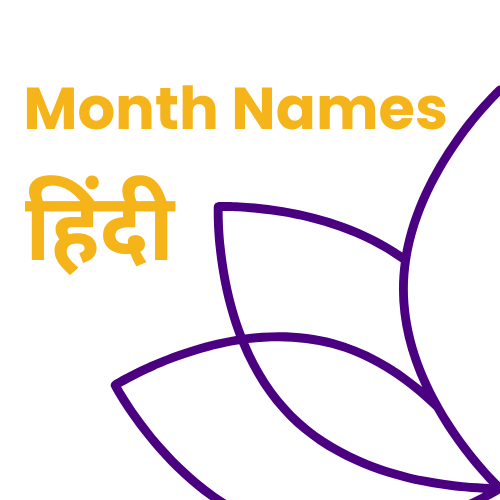EduCalendar India .
Our Journey Through India’s Calendars is about rediscovering the rhythm of time and making it simple for you .
Welcome. We are so glad you finally found a trusted guide for learning Hindi calendar months, cultural festivals, and calendar systems in a way that’s simple, accurate, and meaningful.
In a world that moves at a dizzying pace, it is easy to lose touch with the rhythms that have guided our ancestors for centuries. Our story begins not with a business plan, but with a simple, cherished memory: the sight of a grandmother’s hand tracing the dates on a traditional Panchangam, the Hindu calendar. To her, it was more than just a list of months; it was a map of the soul of the year, marking the arrival of festivals, the changing of seasons (Ritu), and the celestial patterns that connect us to the cosmos.
As time went on, it became clear that this profound connection was fading. The Gregorian calendar, while practical, tells only one part of the story. The deeper, cultural meanings embedded in the Hindu lunisolar months—from the celebrations of Chaitra to the introspection of Pausha—were becoming distant knowledge for many.
This website was born from a desire to bridge that gap. It is a heartfelt effort to preserve and share the wisdom of our traditions, making the intricate beauty of both the Hindi and English calendars accessible to everyone, from curious students to those seeking to reconnect with their heritage.
Our Mission: To Share Knowledge with Heart
Our mission is simple: to be a clear, compassionate, and trustworthy guide to the months and calendars that shape Indian culture. We believe that understanding our measurement of time is understanding ourselves. To make Indian calendar education accessible, engaging, and authentic for learners of all ages.
Meet Our Founder: Professor Auditya Verma
The voice and vision behind this platform is Professor Auditya Verma, a cultural historian and lifelong student of Vedic traditions.
Professor Verma’s journey began not in a formal classroom, but in the courtyards of his ancestral village, listening to elders share stories tied to the lunar cycles and planetary positions. This early fascination—his first-hand Experience—sparked decades of independent research into India’s ancient timekeeping systems, from the Vikram Samvat calendar to the rich tapestry of regional festivals.
Over the years, he has shared his insights through community workshops, academic seminars, and published essays on India’s calendrical traditions. Today, as the editorial guide for the blog Month Names Hindi , he ensures that each article is accurate, culturally authentic, and accessible to learners of all ages.
Our Commitment to You: Our Editorial Standards
Trust is the cornerstone of our work. To earn and maintain your trust, we adhere to a strict set of editorial principles:
Authenticity & Clear Sourcing: Our content is grounded in genuine cultural and historical sources. We believe in transparency and providing evidence for the information we share.
Clarity & Compassion: We explain complex topics in simple, accessible language, always keeping the reader’s journey in mind.
Expert-Led: All content is written and reviewed by individuals who demonstrably know the topic well, ensuring accuracy and depth.
Regularly Updated: We continuously review our content to reflect the latest scholarship and ensure it remains accurate and helpful.
Join Our Community
Your journey is our purpose. We invite you to explore our resources, share your feedback, and become part of a community dedicated to building a more connected and culturally aware future.
Learning with us means learning with purpose. Stay curious, stay rooted.
